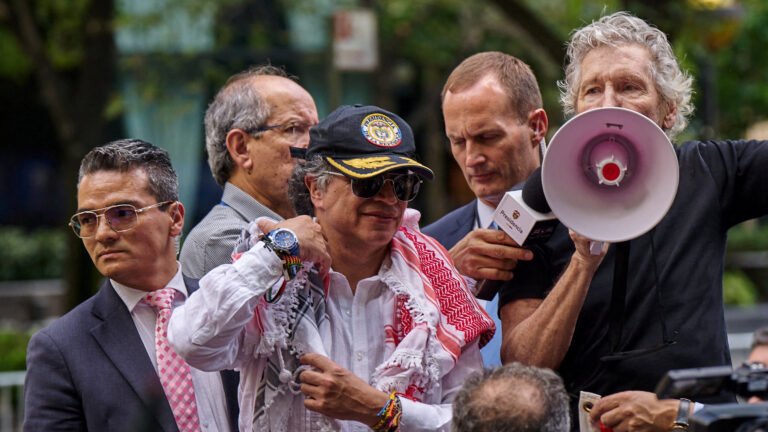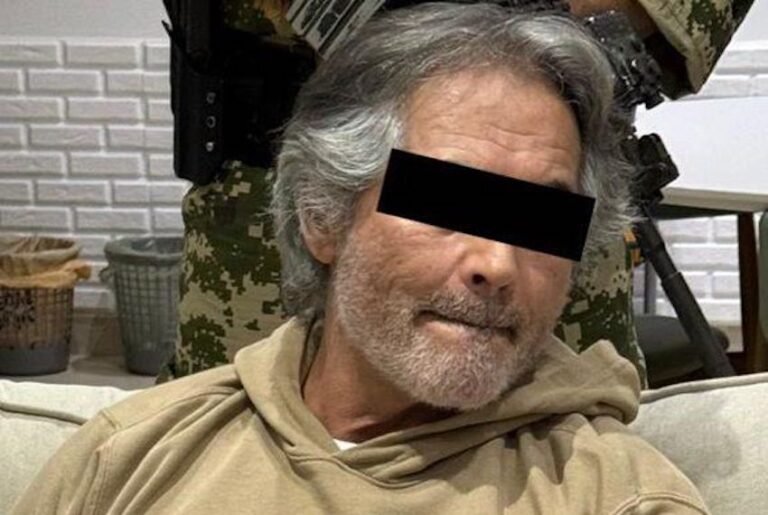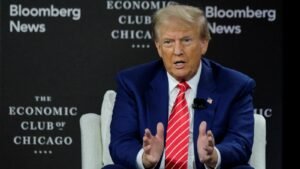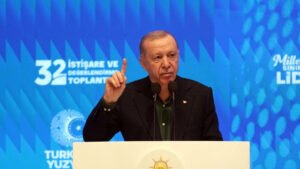The United States and Colombia have had a relationship of mutual dependence for decades. On the one hand, the United States is Colombia’s main trading partner, and on the other hand, Bogota is one of Washington’s largest strategic allies in the fight against drugs and terrorism, one of the main pillars of President Donald Trump’s foreign policy for Latin America.
However, on Monday, the Trump administration said that Colombia had failed remarkably in its obligations to combat drug trafficking, so it decided to decertify the South American country. This decertification involves a series of restrictions by the U.S., although in Monday’s announcement, U.S. authorities said they would continue to provide funds to Colombia.
The Trump administration attributed the flaws directly to Colombian President Gustavo Petro.
How the link between the US and Colombia has been in the fight against narco
For years, military and economic assistance to combat drug trafficking has been crucial in this joint fight against drug trafficking and terrorism. In 2000, the Colombia Plan to strengthen cooperation in the war against drug cartels began. This program initially involved resources of US$1.3 billion, which were invested in manual eradication and glyphosate spraying on illicit crops.
With the arrival of President Gustavo Petro in 2022, a change was proposed in the strategy aimed at strengthening programs to replace illicit crops manually and voluntarily, and to the suspension of air spraying by order of the Constitutional Court, which argued that glyphosate caused damage to health and the environment.
But despite efforts and shifts in focus, the war on drugs doesn’t seem to yield positive results. According to this year’s report of the State Department’s International Narcotics Control Strategy, Colombia remains the world’s leading producer of cocaine. Colombian crops of coca leaf plants increased by 10 per cent between 2022 and 2023 and reached 253,000 hectares, according to the report of the Integrated Illicit Crops Monitoring System (SIMCI).
Millions of dollars and thousands of lives
These projections are even increasing, jeopardizing the continuity of aid for about $450 million a year that the country receives to fight drug trafficking, although, in principle, the Trump administration’s announcement details that financial support will continue.
The victory of the strategy of the fight against drugs also depends on demand. We have to regulate; this demand needs to be regulated,” Defense Minister Pedro Sánchez told CNN when asked about the Colombian government’s position on the annual evaluation by several federal agencies of the United States for certification of the country in the war on drugs.
Our approach is to end drug trafficking, and if there is no certification, it helps enormously in international cooperation to combat drugs. Those who win are the illegals and lose nations, the official said, while warning of the high cost of soldiers and police who have died in recent years in the fight against criminal gangs in the service of drug trafficking.

The claim for the cost of fighting trafficking and drug demand in the United States is one of the main points of tension between the Petro administration and the Trump administration on security issues.
Gloria Miranda, director of the government’s crop replacement program, believes that resources in logistical and economic support from the United States must be maintained to ensure that peasants change from illicit crops to planting products such as cocoa, bananas, avocado, and others that allow them to survive and associate in cooperatives to market their crops.
Colombia has implemented the war on drugs for about 50 years. And we’ve done that. But we’ve also put the dead. In this sense, consumer countries have to take their side and support us because that is the other side of the drug trafficking chain, Miranda told CNN during a visit to an area of illicit crops in the department of Putumayo, southern Colombia.
The adverse decision against Colombia in the fight against drugs can not only affect cooperation in the area of technical and economic assistance for the Military Forces, but it could also have an impact on commercial and investment issues. A decertification goes beyond a symbolic character, says Maria Claudia Lacouture, director of the Colombo American Chamber.
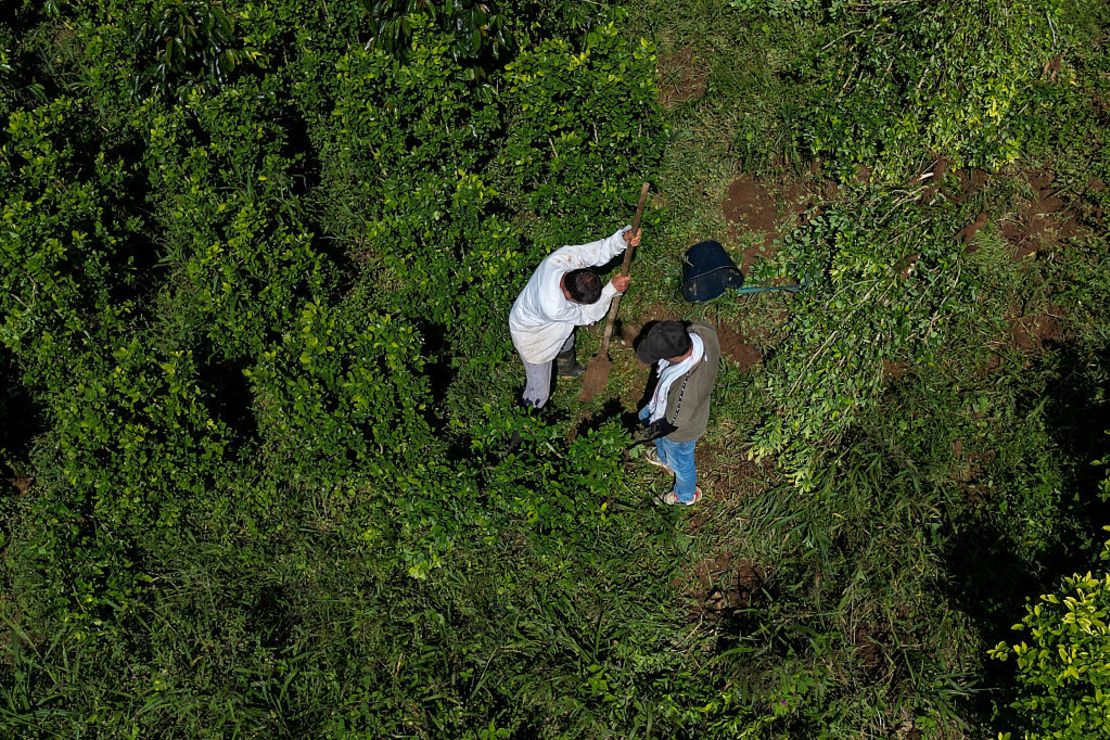
The impact of a decertification is an impact that is not only retinotional, but is also an impact on issues of trade, tourism, on financing issues, bilateral cooperation that, from the point of view of Colombia, must be worked with conviction,” Lacouture said in statements to local media on September 11.
Colombia, meanwhile, seeks to do the task despite the difficulties due to the increase in criminal gangs, violence, and the growth of illicit crops. From January to September 2024, Colombia seized 3,046 metric tons of solid precursors and 4,738,178 gallons of liquid precursors, according to the State Department.




